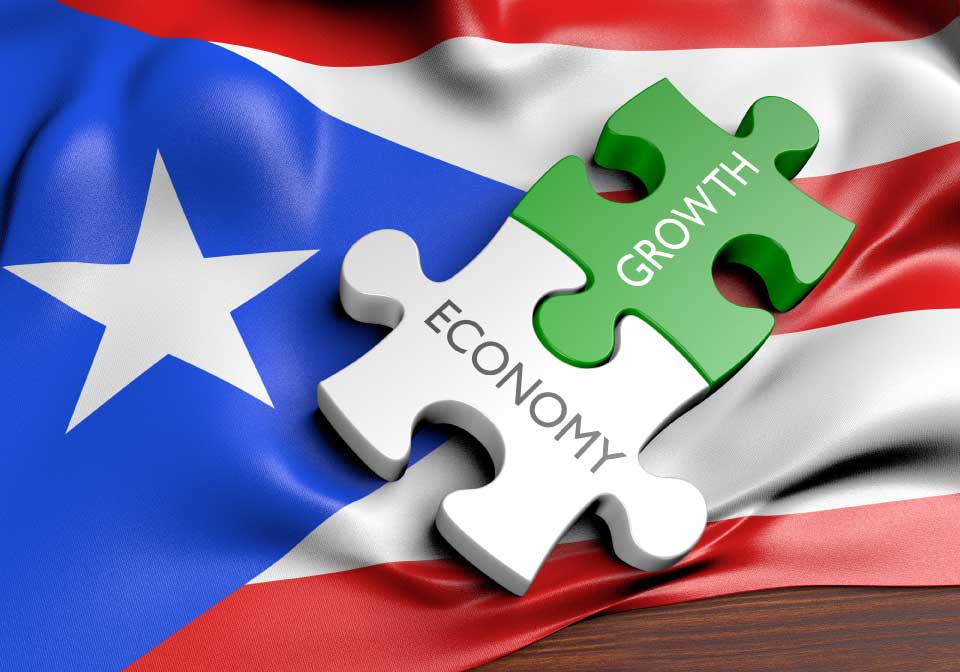US Double Taxation and How to Legally Avoid It
Learn More / Double Taxation
Double Taxation for US Citizens: How It Works
US citizens and permanent residents are compelled by law to pay federal taxes on all of their income—even income earned while living abroad. This creates a serious issue of double taxation for US citizens, as they’re also required to pay taxes in the country where they reside.
There is only one other country in the world with a similar policy: Eritrea, a small country in Africa widely considered to have some of the worst human rights in the world. There is some relief for a US citizen living in a country with no income tax, such as the United Arab Emirates or Qatar, but the requirement for US federal income tax would still remain. And US taxes are among the highest in the world, especially for high earners. It is possible to exclude up to $105,900 of foreign earned income under some conditions, but that does not apply to investment income.
So, while there is no doubt that a US passport offers a great deal of freedom and privilege of movement in the world, it comes with a very high price tag.
IRS Double Taxation Enforcement
The US government enforces this double taxation aggressively by pressuring foreign banks and governments. Because most countries wish to maintain access to the US financial markets, they choose to submit to these regulations, which ensure that all US citizens’ income is completely transparent to the IRS. An increasing number of foreign banks prefer to avoid even issuing accounts to US citizens due to the heavy administrative demand
Some US citizens choose to actually give up their citizenship to avoid the crippling demands of double taxation. Giving up their US passport means possibly having issues with traveling back to the US when they want, which means isolation from friends, family, and business interests still located in the US.
On top of that, many who leave the US are required to pay a hefty exit tax!
Some individual US states offer low individual or business tax rates, which can reduce this burden. But none come even close to the tax relief that can be found in Puerto Rico!
Double Taxation Solution: Puerto Rico
Puerto Rico offers a very unique situation in which US citizens are able to retain their US passports and also avoid this double taxation. In becoming a legal resident of Puerto Rico, US citizens are no longer subject to federal tax for work done in Puerto Rico. For individuals and businesses that qualify for the various Puerto Rico tax breaks, taxes owed to the Puerto Rico government can also be extremely low.
Any US territory has the benefit of this unique relationship to the IRS. Each territory can decide for itself how it will take advantage of this, and some also offer tax incentives, and Puerto Rico has created the most comprehensive, attractive, and accessible set of incentives. Additionally, Puerto Rico offers the best standard of living, fullest cultural offering, and most abundant travel options.
References and Resources:
We Can Help
Take advantage of Puerto Rico’s incredible tax breaks! We can help you determine which tax incentives are right for you, help you plan your residency and relocation strategy, and simplify the entire process for you.
Contact us for a free initial consultation.
Latest From Our Blog
Puerto Rico is a land of economic opportunity, endless beaches, a rich culture, and friendly people. The weather is amazing year-round, and Puerto Rico offers many beautiful and safe places to live. Let us help you discover the many benefits and joys that life in Puerto Rico has to offer!

Puerto Rico Tax Changes
Important law changes are in progress which will impact Act 60 Investors. We will work to keep this post updated – fill out our contact form to receive email updates.
Luxury Home for Sale in San Juan: A Hidden Gem for Act 60 Applicants
If you're considering relocating to Puerto Rico under Act 60 or simply seeking an upscale property in the metro area, this luxury home for sale in San Juan offers an unmatched combination of comfort, security, and sustainability. Located in one of the island’s most...

Taxes in Puerto Rico
Learn about key differences between Puerto Rico’s tax system and the US federal paradigm.

